Massive job cuts planned for the Department of Health and Human Services (HHS) will pave the way for takeover of crucial services by the private sector, imperiling the US in future health emergencies, health experts and Democratic politicians warn.
Health secretary Robert F Kennedy Jr announced the department would layoff 20,000 workers from its roughly 82,000-person workforce on Thursday, or nearly a quarter of the department’s headcount.
“People out there need to understand the impact on them personally,” said Patty Murray, a senator for Washington state and the party’s ranking member of the Senate appropriations committee. “Preventing pandemics costs something. Failing to prevent them costs a lot more. All of this is making us less prepared for the next public health emergency.”
HHS is an enormous branch of the federal government, overseeing a $1.7tn budget. The department includes agencies that are household names – among them the Centers for Disease Control and Prevention (CDC), the National Institutes of Health (NIH), the Centers for Medicare and Medicaid Services (CMS) and the Food and Drug Administration (FDA).
Those branches respectively protect Americans from outbreaks, helm the world’s largest publicly funded biomedical and behavioral research agency, provide health insurance to 137 million older and low-income Americans through Medicare and Medicaid, and approve and regulate the nation’s medical devices, drugs and foods.
All would see cuts in Kennedy’s proposed reorganization, in some cases compounding layoffs initiated by the unofficial “department of government efficiency” helmed by billionaire Trump-ally Elon Musk.
At a virtual news conference on Friday, also attended by former leaders of some of the same agencies set to be slashed, Murray said the projected job cuts put the US on “a dangerous collision course” and would seriously impair its ability to public health crises such as measles and bird flu epidemics.
Murray warned that the mass layoffs are intended to pave the way for hiving off critical services to private companies. She claimed that Donald Trump and his billionaire ally Elon Musk, who is spearheading the cull of federal workers through his ad hoc “department of government efficiency,” were oblivious to the consequences because they believed, mistakenly, that public health responsibilities could be privatized.
“One of the goals that I’m beginning to hear from the Trump administration and Elon Musk, is that government that doesn’t need to do any of this, we will just privatize it all,” Murray said. “I will tell you, our public health folks who go out and track measles or track whooping cough or track a new pandemic aren’t going to work for a private company.
“There won’t be a private company because their whole goal is to make a profit. There isn’t a profit-making course in this,” she said.
On Thursday Democratic US senators said they were inundated with “panicked” calls from federal workers from nearly the moment the announcement was made, because so few details were given about which branches or agencies would be cut. Kennedy said 28 department branches would be consolidated into 15, with a focus on eliminating positions such as human resources and IT.
She said the mission of public health workers was “making sure that you have the information you need if there is a huge flu epidemic in your region, whether or not you know your kids are safe or what you need to do to protect them.
“There isn’t a private company that’s going to come in and do that. That is why we have what is called a government agency, for the good of the people. It is not going to be replaced by some profit making-corporation.”
Her comments were supported by Robert Califf, a former commissioner of the Food and Drug Administration, who said privatization would exacerbate the US’s health inequalities.
“A lot of these things being privatized will only radically increase the huge disparities that we already have,” he said.
“I’ve worked in all sectors, and your job in a company is to pay attention to the bottom line and make a profit, and that’s best done in this country right now by catering to people who have lots of money … it’s a good way to not make America health again.”
Trump and Kennedy have adopted the slogan “make America healthy again” to define their mission to re-orient the country’s approach to public health, but many experts and professionals say it threatens to achieve the opposite.
Kennedy has insisted the job cuts would not affect “frontline workers” and would make agencies more efficient. However, few details have been provided about specific programs that will be impacted, beyond piecemeal announcements.
At least one Republican senator who eyed Kennedy critically during confirmation hearings, senator Bill Cassidy of Louisiana who is also a doctor, appeared to toe the line on the cuts.
In a social media post he said: “I am interested in HHS working better, such as life-saving drug approval more rapidly, and Medicare service improved. I look forward to hearing how this reorganization furthers these goals.”
Outside of government, the cuts have been met with waves of skepticism across the health sector, both on the record and anonymously in news reports.
“Any reduction in our public health infrastructure – whether it’s workers or funding – only serves to make Americans sicker,” Dr Chris Pernell, director of the NAACP’s Center for Health Equity, said in a statement, arguing it would worsen already vast health disparities between white and Black Americans.
“And we know that when America gets a cold, Black people get the flu.

 German (DE)
German (DE)  English (US)
English (US)  Spanish (ES)
Spanish (ES)  French (FR)
French (FR)  Hindi (IN)
Hindi (IN)  Italian (IT)
Italian (IT)  Russian (RU)
Russian (RU)  3 weeks ago
3 weeks ago



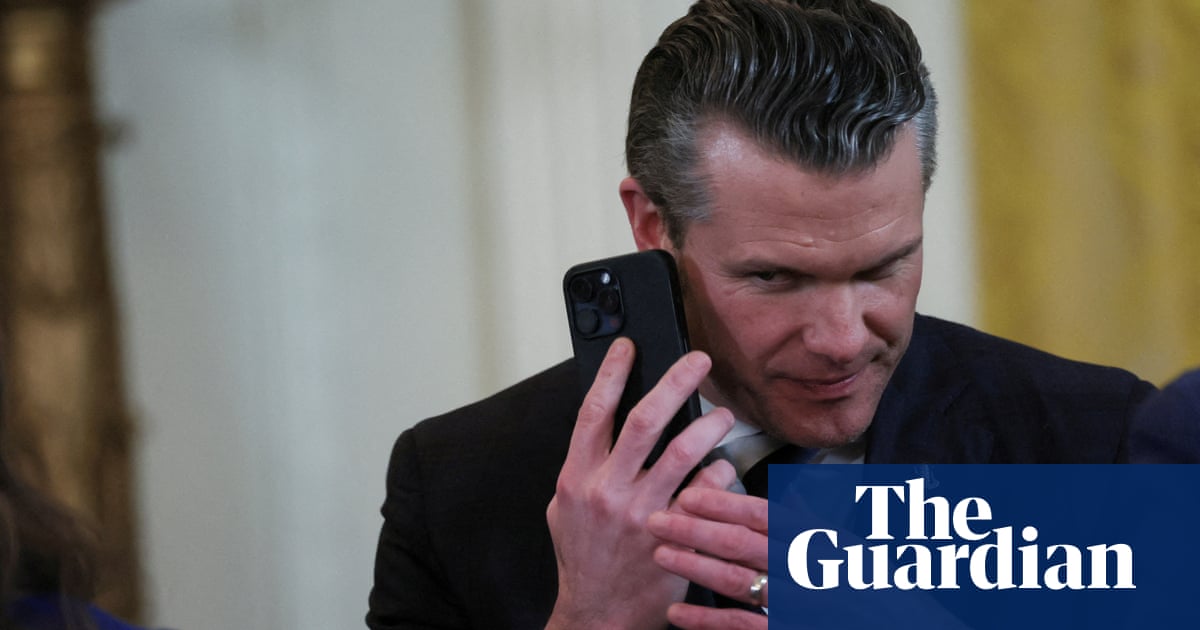

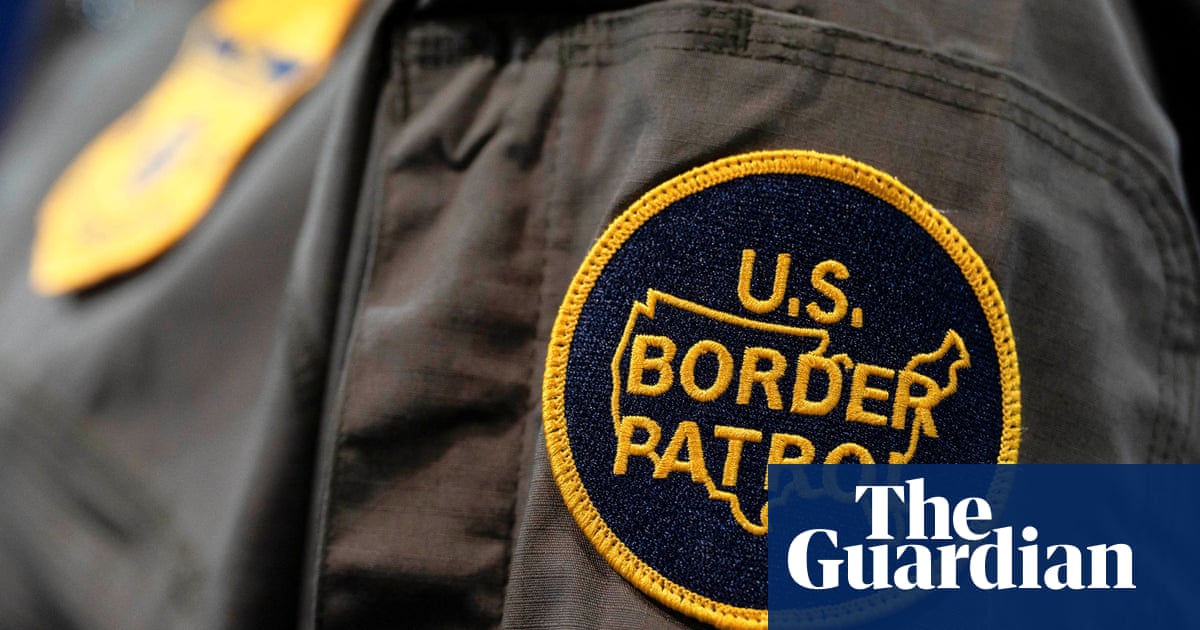

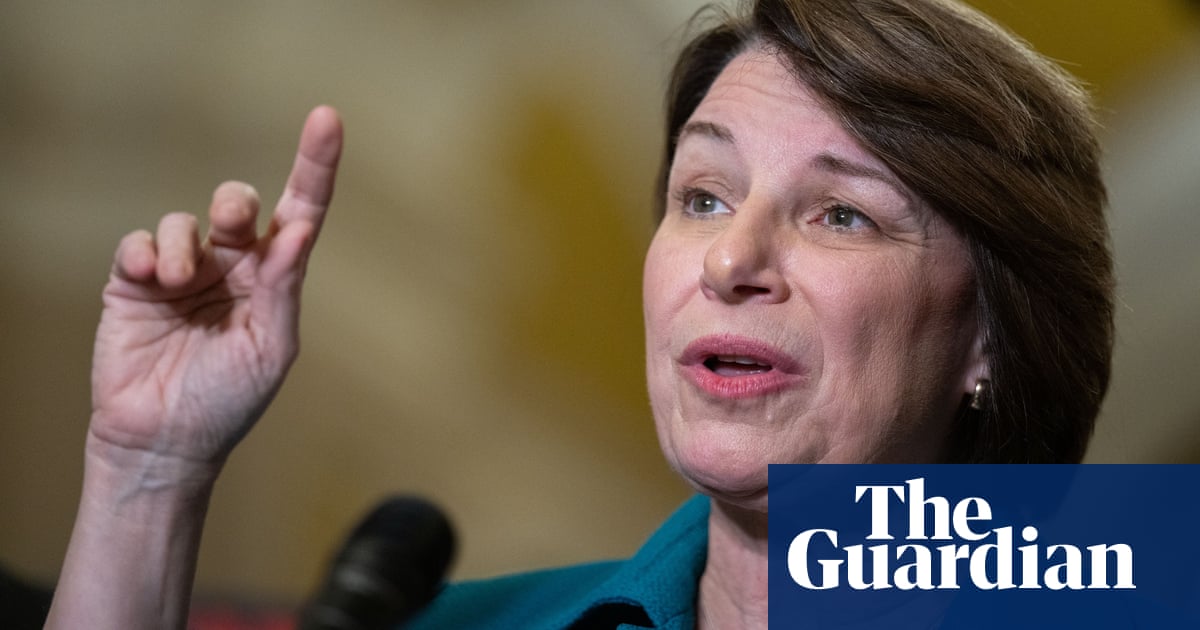










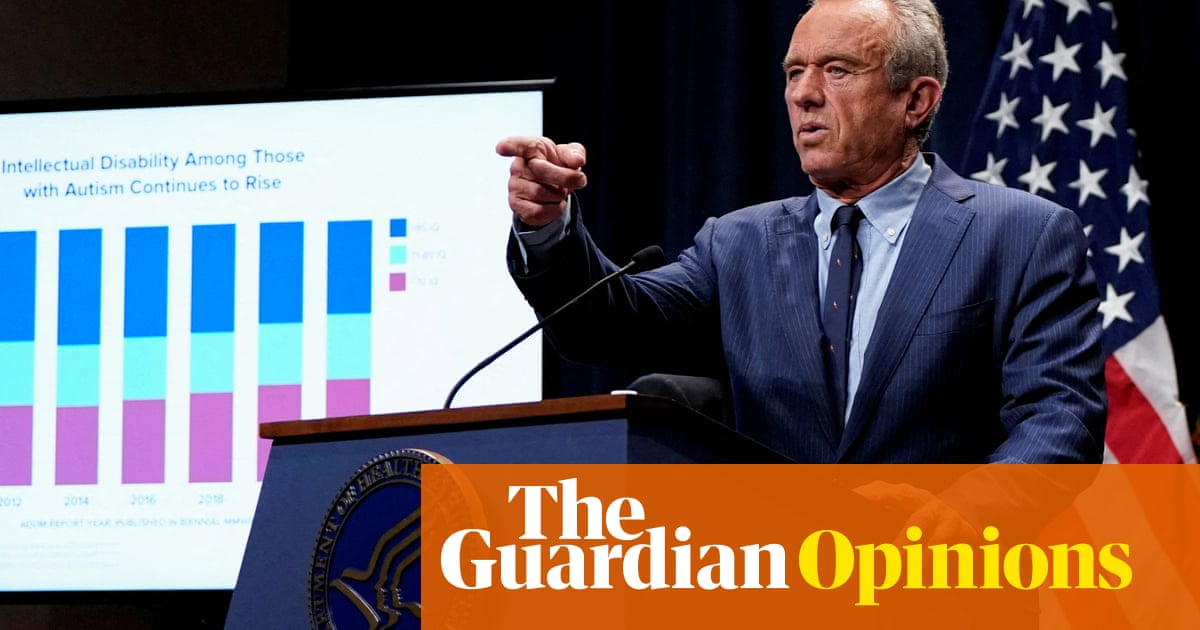

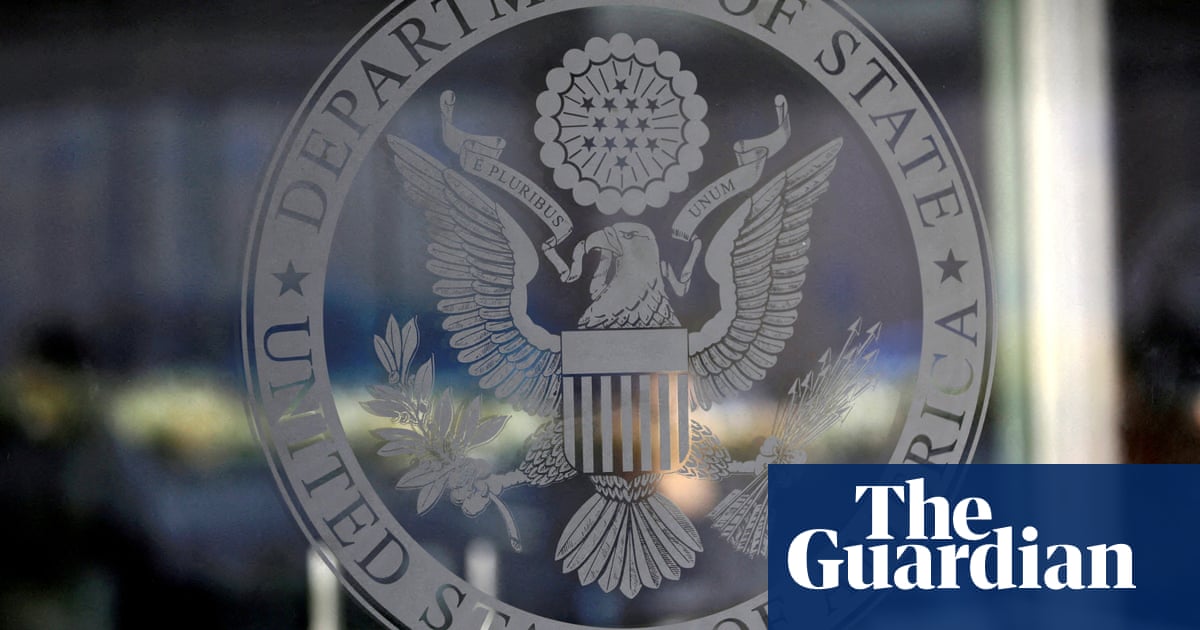
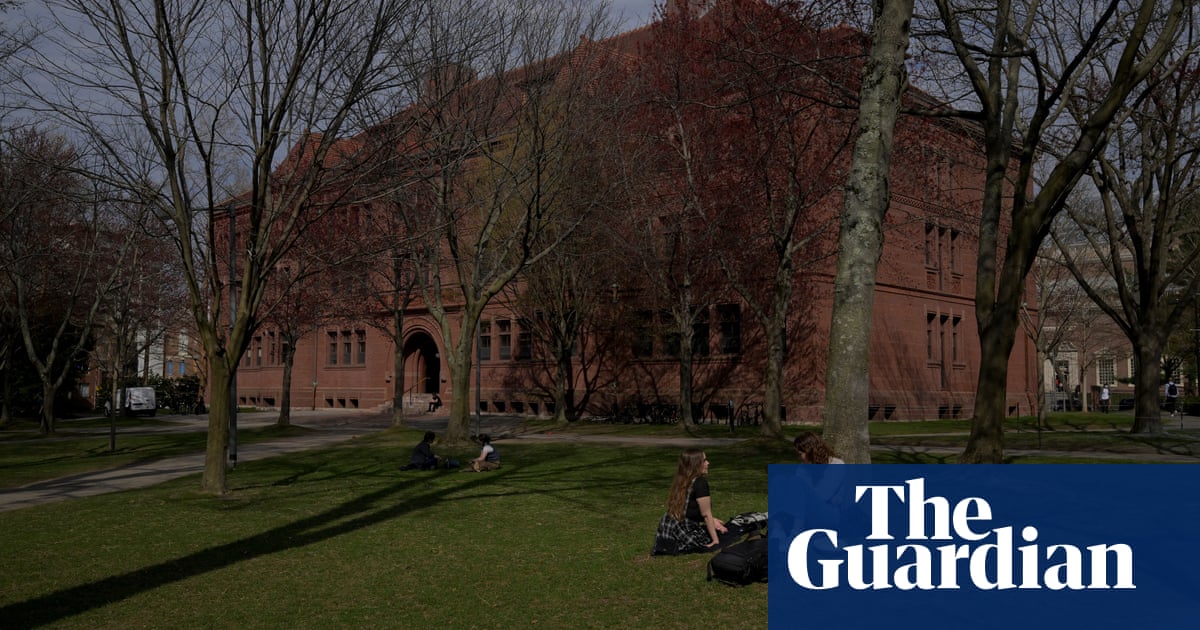


Comments